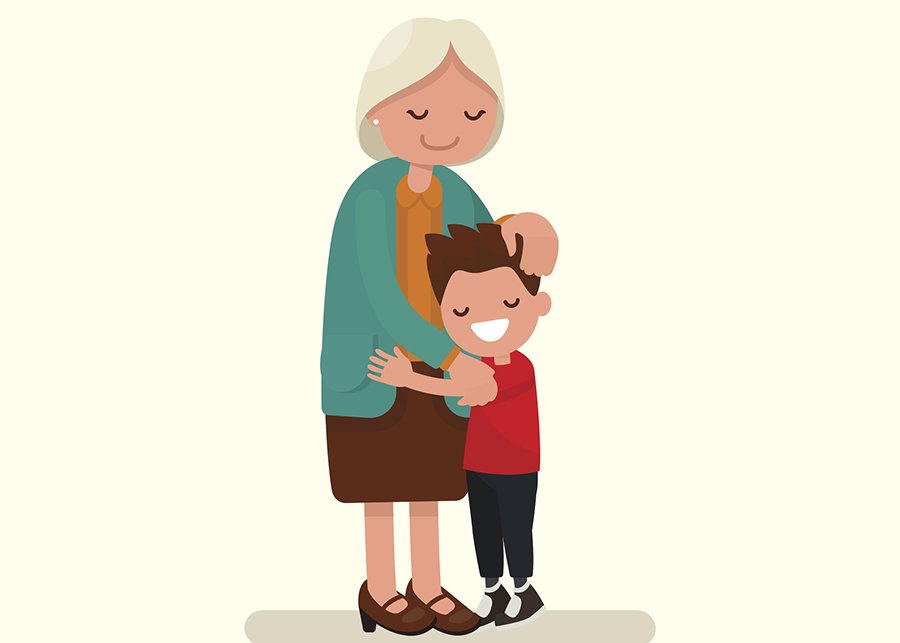
By John Kappel | Contributor
As a family law attorney, I have witnessed numerous instances of adults acting poorly toward each other. However, when those adults are parents, their negative behavior often means they are not only failing one another but also neglecting their responsibilities to their children.
Sometimes, one parent does not meet their obligations. In such cases, the other parent typically tries to compensate as best they can. While this is far from ideal, it is usually manageable. However, when both parents fail to uphold their parental duties, the situation can become dire. In these scenarios, it is common for a family member, often a grandparent, to take on parenting responsibilities.
“It’s my grandson! If his parents can’t take care of him, I’m the obvious choice. Of course, the judge will give me custody,” a client once expressed to me when her grandson was placed with a foster family. This judge had previously denied both parents unsupervised access to their child after he was removed from their care. The hope that her grandson would be swiftly removed from foster care and placed in her custody is understandable coming from a worried grandmother.
This expectation is widely held, but the reality is quite different. What this grandmother did not initially recognize is that the transition of her grandson into her custody is not automatic and certainly not guaranteed.
Parents possess a detailed and comprehensive list of rights and responsibilities toward their children simply by being parents. Grandparents, on the other hand, do not share the same legal standing.
If grandparents seek substantial legal rights over a grandchild, they must obtain those rights through a court order. This requires filing a lawsuit or, as in the case of this grandmother, intervening in an ongoing lawsuit concerning her grandson. She imagined a situation where, due to her biological relationship with her grandson, the judge would decide she was the best possible caregiver and would immediately place him in her care.
Although grandparents are often excellent candidates for caregiving, judges have broad discretion when establishing a “nonparent managing conservatorship,” a technical term for transferring parental rights to someone who is not the child’s parent. In fact, while relatives are frequently preferred, they are not automatically considered the best candidates for such rights. Grandparents interested in this role need to seek professional guidance to ensure they follow the proper legal procedures to establish that they are the most suitable choice to provide a stable, loving, and secure home for the child during this challenging time.
The legal system is complicated and can be extremely difficult to navigate, making it crucial for any grandparents who find themselves in the unfortunate position of needing to assume a parental role to seek professional advice and representation. Fortunately for the grandmother in this situation, she was not alone; she obtained the necessary guidance and support. Although the process was neither quick nor easy, everything ultimately turned out as it should for her and her grandson.
Editor’s Note: John Kappel is an associate at the boutique law firm Orsinger, Nelson, Downing & Anderson, where he handles divorce matters as well as property division, probate, and estate planning. He can be reached at www.ondafamilylaw.com.






